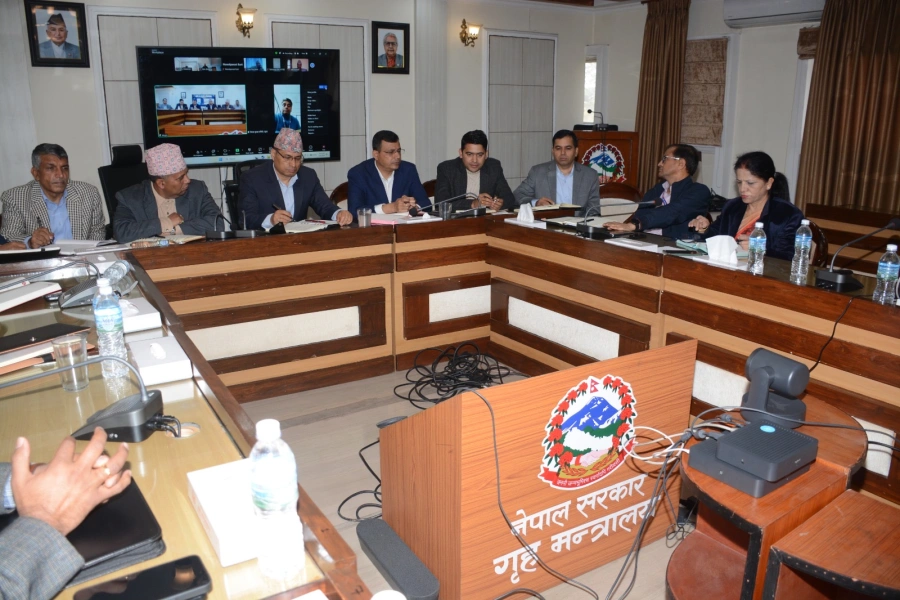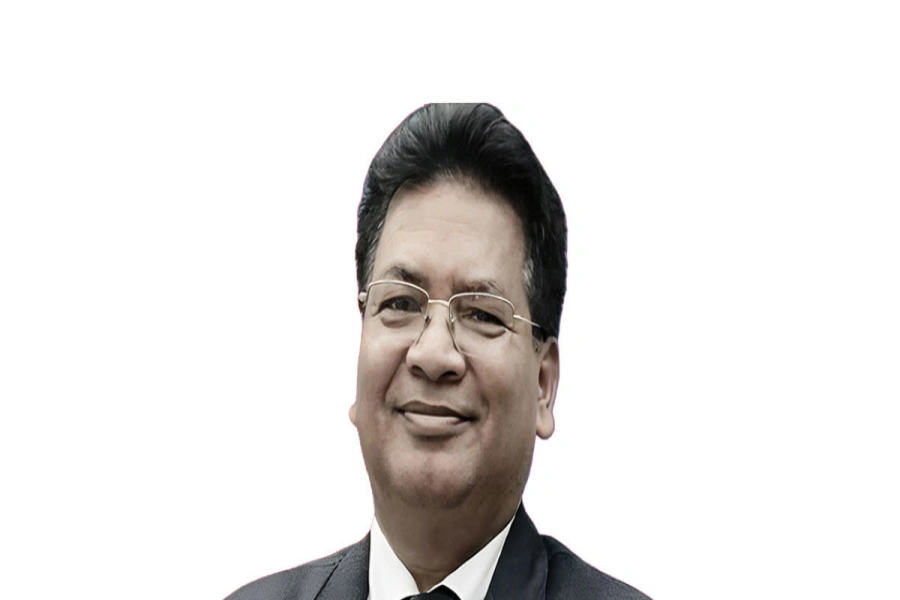KATHMANDU, Nov 5: Even though there are policies for economic and social empowerment of women, few women are taking advantage from them. Due to the lack of awareness, women are not inclined to take due help from the government regarding several health, economic and social benefits, said stakeholders during a program in the capital on Friday.
The issues came to the fore during the interaction titled 'Policies and Services of the Government on Economic Empowerment of Women and Right to Information'.
Speakers at the program stated that there are clear guidelines on how and where women could reach out to seek help in banking transactions, registration of immovable properties and while reporting the cases of domestic violence among other common social and economic problems. However, very few women are taking advantage of the policies, said Yasoda Devi Timsina, information commissioner at the National Information Commission (NIC).
Timsina added that let alone the rural women, even women associated with the NIC may not be fully aware of those policies. “We really need to advertise it and make more and more women aware of the policies,” she stressed.
Similarly, Kiran Kumar Pokharel of the NIC said that media must play a role in disseminating information about the women-friendly policies. Meanwhile, he also threw light on the practice of right to information and insisted that media persons should take its due advantage. “Media persons should exercise their Right to Information (RTI) to collect factual data for their publication. This will ensure that there are no manipulations of facts from the sources. They (media) should also educate the public regarding this fundamental right,” he said.
The gathering was also addressed by Mahendra Kumar Thapa, acting secretary at the National Information Commission and Krishna Hari Baskota, chief information commissioner of NIC, among others. Representatives of several Kathmandu-based media houses had also participated in the program.
Media's role in spreading awareness regarding such government policies and services for women and other minority ethnic groups was highly emphasized at the meeting.
Right to information is one of our fundamental rights, which empowers us to seek answers from any government body or agencies working under the government. Since government collects tax and revenues from us to run the country, we have the right to ask them about anything, said Krishna Hari Baskota of NIC.
The program was organized by UN Women Nepal in collaboration with Citizens' Campaign for Right to Information.
Wake up Nepali Congress








































